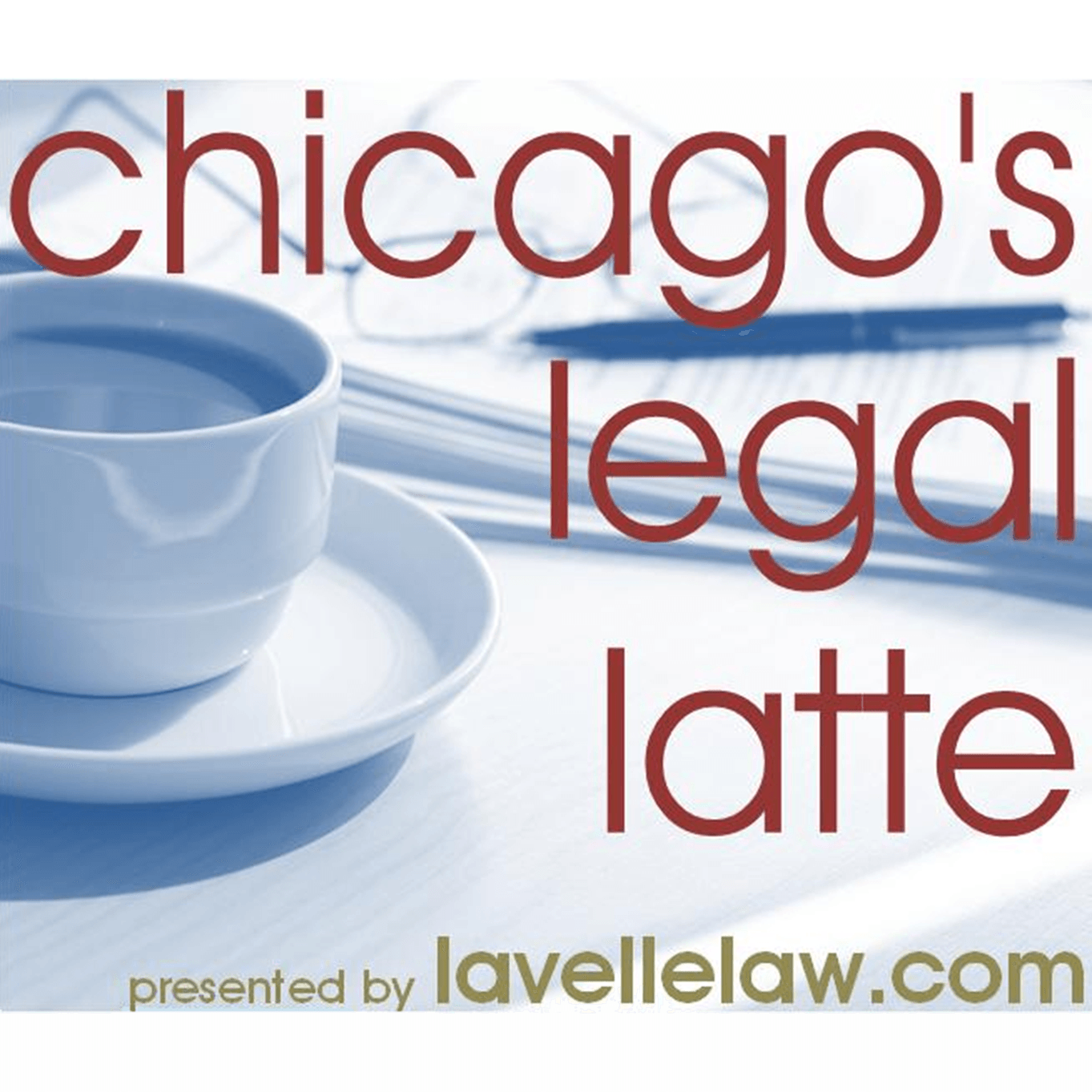Battles Among Neighbors – Rule Enforcement Proceedings Between Homeowners Associations and Their Members
One necessary part of being in a condo association is giving a certain amount of control over to that association’s board. On the other side of the coin, an association’s board is almost always composed of volunteer homeowners who are often doing their best. Part of their job involves enforcing the association’s rules, which inevitably means they will have to charge their fellow association members with a rule violation, and usually fine them if they determine a violation took place.
This can lead to frustration for association members who think the board has cut corners, did not listen to their side of the story, or otherwise failed to give them a fair opportunity to be heard before fining them. For board members, this means having to make sure association members have sufficient opportunity to present their case, and that they have enough evidence to be reasonably be sure someone violated a rule, while avoiding creating an overly “court-like” atmosphere to their meetings that neither the board nor other association members actually want.
Fortunately, Illinois law provides some guidance on what board members must do to give a fair shake to association members accused of violating a rule. A board has the authority to levy reasonable fines for violations of its rules, so long as they have provided “notice and an opportunity to be heard.” See 765 ILCS 605/18.4. Critically, in carrying out those responsibilities, board members have fiduciary duties, including of care and candor, towards other association members. Id.
While it is not entirely settled what exactly a board must do to meet its fiduciary duties, it must at least show the accused association member the evidence against him or her. Boucher v. 111 East Chestnut Condominium Association, Inc. , 2018 IL App (1st) 162233, ¶ 37 (1st Dist. 2018). In Boucher , the plaintiff homeowner alleged, among other things, that his condo association used its power to punish him for criticizing the association, and also breached its fiduciary duties by failing to disclose its evidence that he violated association rules. Id. at ¶ 5. Specifically, the homeowner had been accused of “rude and disrespectful conduct” towards staff in the condo building, but the association refused to turn over its evidence, including an alleged video recording, that it relied on in fining him. Id. The Boucher court reversed an earlier summary judgment ruling for the association regarding the claims against it for retaliating against the homeowner’s criticism of the association, as well as its breach of fiduciary duty towards him.
Specifically, the court noted that in enforcing its rules, a board, and through it the association, owes a fiduciary duty to its members, due to the high amount of trust given to a board. Id. at ¶ 35. In the context of rule enforcement, the board has a duty of candor, as well as care. Id. at ¶ 36. Here, the board refused to show the homeowner the video allegedly showing his rule violation, or the letter from a witness to the same. Id. at ¶ 37. Accordingly, it prevented the homeowner from presenting his side of the story by responding to this evidence. Id. Finally, the case noted another state’s appellate opinion that stated that before imposing fines, an association must “give the accused unit owner ‘an opportunity to know the facts on which the agency is asked to act, to cross-examine witnesses and to offer rebuttal evidence.’” Id. at ¶ 38, quoting Congress Street Condominium Ass’n v. Anderson , 112 A.3d 196 (Conn. Ct. App. 2015).
Boucher shows us that an association seeking to enforce its rules needs to follow certain procedures to comply with its fiduciary duties towards its members, including one accused of breaking the rules. While the more stringent requirements referenced in Boucher , such as allowing cross-examination of witnesses, have not yet become Illinois law, the Boucher court appeared to hint future cases may place similar obligations on associations in Illinois. An association seeking help conforming its rule enforcement procedures to Illinois law may want to err on the side of giving accused homeowners greater due process protections to prevent any argument that it did not give them a fair opportunity to defend themselves. Similarly, a homeowner who has been punished for violating an association rule may want to seek advice if he or she feels the association did not provide adequate due process safeguards, particularly if that association refused to show the evidence it relied on in making its decision.
If you have questions or would like more information on this subject, please feel free to contact attorney Thomas Fox at 847-705-7555 or tfox@lavellelaw.com.
More News & Resources
Lavelle Law News and Events








STAY UP TO DATE
Subscribe to our newsletter
Lavelle Law, Ltd. | All Rights Reserved |
Created by Olive + Ash.
Managed by Olive Street Design.




